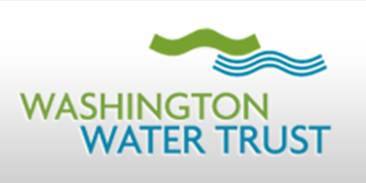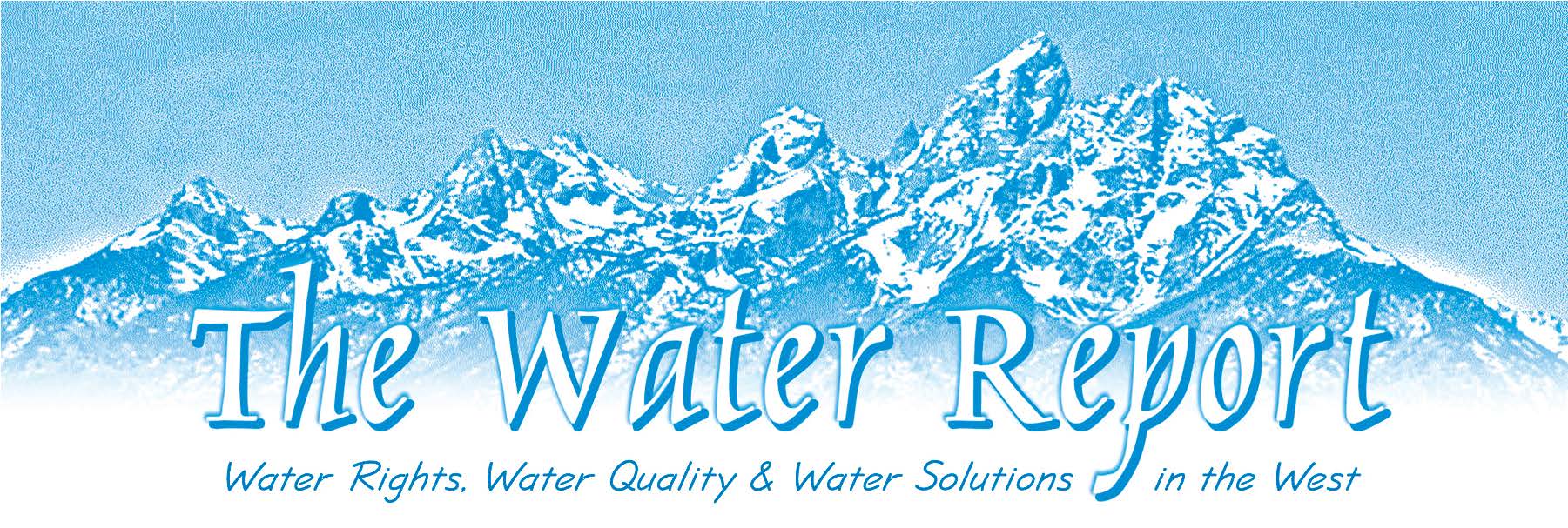Sept to Dec 2023 Edition 2023 State Conference Recap Session 3: The Walla Walla Basin Panel Discussion Summary by Jessica Kuchan, Partner at Confluence Law, PLLC The Session 3 Panel discussed the history of efforts to address water resource management issues in the Walla Walla Basin. The panelists included Chris Kowitz of the Oregon Water Resources Department, Anton Chiono of the Confederated Tribes of the Umatilla Indian Reservation, Brook Beller of the Washington State Department of Ecology, and Tom Tebb of the Washington State Department of Ecology, Office of Columbia River. Each panelist provided their own perspective on the history and needs of the Walla Walla Basin. The Walla Walla Basin is in southeast Washington and northeast Oregon. It is the homeland of the members of the Confederated Tribes of the Umatilla Indian Reservation (CTUIR). Salmon are one of the first foods of the aboriginal people of the Walla Walla Basin. However, chinook salmon were extirpated from the Basin in the 1900s, and the remaining aquatic inhabitants are heavily impacted by dewatering for out-of-stream water uses. In 1998 Bull Trout and 1999 Summer Steelhead were listed under the Endangered Species Act. Water resource management efforts in the late 1990s and early 2000s were focused on the impacts to salmon, including a Settlement Agreement with the U.S. Fish and Wildlife Service that required specific flow requirements for certain large water users. However, that approach did not work because it could not be enforced against all water users. The Walla Walla Management Partnership was the initial attempt at water resource planning in the Basin. However, this effort was not effective because it did not have the enforcement authority of the State of Washington, State of Oregon, or co-manager CTUIR. More recently, the local, state and tribal partners have developed a tri-sovereign perspective partnership that couples the involvement of local groups with the enforcement authority of Washington and Oregon and the co-manager CTUIR. The Walla Walla 2050 Plan is an integrated water resource plan that will create the framework for a collaborative process to address instream flow needs. The Walla Walla 2050 Plan is working on smart supply and demand analysis, a USGS groundwater study, storage and pump exchange, Touchet River floodplain restoration, and an aquifer storage and recovery project. In 2023, the Washington State Legislature enacted SSHB 1322 directing the Washington State Department of Ecology Office of Columbia River to work in the Walla Walla Basin and work with the State of Oregon and CTUIR on the Walla Walla 2050 Plan and its implementation. In addition to the panel discussion, Sarah Dymecki from Washington Water Trust (WWT) presented on the impact of instream flow projects within the Walla Walla Basin, specifically projects in Mill Creek, the Walla Walla River mainstem, and the Touchet River. WWT’s work includes developing an interactive dashboard to monitor flow targets, hydrographic data, and restoration benefits to prioritize and describe instream flow work. Previous - Southwest Session Next - Northeast Session |



